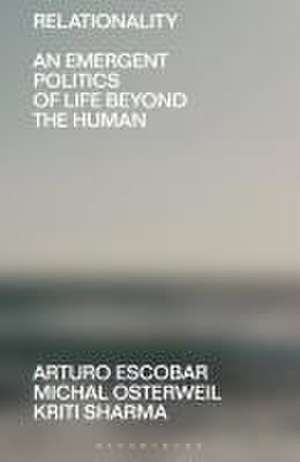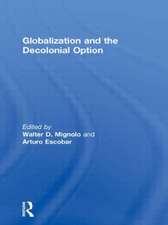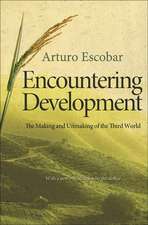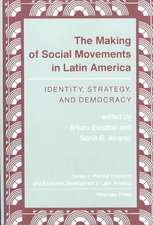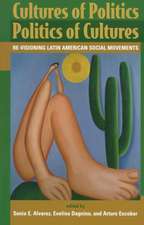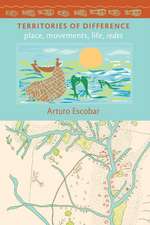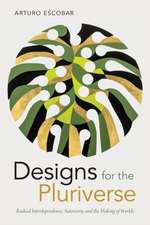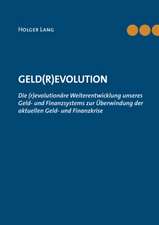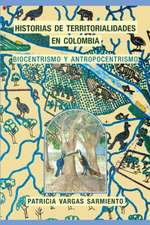Relationality: Remaking and Restor(y)ing Life: Designing in Dark Times
Autor Arturo Escobar, Michal Osterweil, Kriti Sharmaen Limba Engleză Paperback – 6 mar 2024
| Toate formatele și edițiile | Preț | Express |
|---|---|---|
| Paperback (1) | 102.40 lei 3-5 săpt. | +14.74 lei 10-14 zile |
| Bloomsbury Publishing – 6 mar 2024 | 102.40 lei 3-5 săpt. | +14.74 lei 10-14 zile |
| Hardback (1) | 320.60 lei 3-5 săpt. | +54.44 lei 10-14 zile |
| Bloomsbury Publishing – 6 mar 2024 | 320.60 lei 3-5 săpt. | +54.44 lei 10-14 zile |
Preț: 102.40 lei
Nou
Puncte Express: 154
Preț estimativ în valută:
19.59€ • 20.51$ • 16.21£
19.59€ • 20.51$ • 16.21£
Carte disponibilă
Livrare economică 15-29 martie
Livrare express 04-08 martie pentru 24.73 lei
Preluare comenzi: 021 569.72.76
Specificații
ISBN-13: 9781350225961
ISBN-10: 1350225967
Pagini: 224
Dimensiuni: 156 x 234 x 25 mm
Greutate: 0.36 kg
Editura: Bloomsbury Publishing
Colecția Bloomsbury Visual Arts
Seria Designing in Dark Times
Locul publicării:London, United Kingdom
ISBN-10: 1350225967
Pagini: 224
Dimensiuni: 156 x 234 x 25 mm
Greutate: 0.36 kg
Editura: Bloomsbury Publishing
Colecția Bloomsbury Visual Arts
Seria Designing in Dark Times
Locul publicării:London, United Kingdom
Caracteristici
Part of 'Designing in Dark Times', a series of polemical interventions into the role of design and designers in addressing contemporary social, political and environmental crises
Notă biografică
Arturo Escobar is Kenan Distinguished Professor of Anthropology Emeritus, University of North Carolina, Chapel Hill, USA, and Adjunct Professor of the PhD programs in Design and Creation (Universidad de Caldas, Manizales, Colombia) and in Environmental Sciences (Unversidad del Valle, Cali). His main interests are political ecology, ontological design, and the anthropology of globalization, social movements, and technoscience. He is the author of Designs for the Pluriverse (2018), and is engaged in transition design projects in Colombia.Michal Osterweil is Teaching Associate Professor in Global Studies at the University of North Carolina, USA. She is also a radical homemaker and community actionist. Her main areas of interest are social movements, new theories/imaginaries of social change and the intersection of knowledge production, epistemology and change work.Kriti Sharma is Postdoctoral Scholar in microbial ecology in the division of Geology and Planetary Sciences at the California Institute of Technology, USA. She is the author of Interdependence: Biology and Beyond (2015). Her main interests are microbiology and microbial ecology, philosophy and social sciences of biology, and ontology and metaphysics.
Cuprins
Introduction: Coming Up against the Nonrelational1. Rethinking and Reweaving the Web of Life: Relationality in Four Dimensions2. The Epistemological and Political Failures and Promises of Theories of Relationality 3. Sources and practices for Relational Living4. The Political Activation of Relationality5. Designing Relationally: Enacting Pluriversal Forms of World-makingConclusion: Making (a Relational) Reality into a Reality
